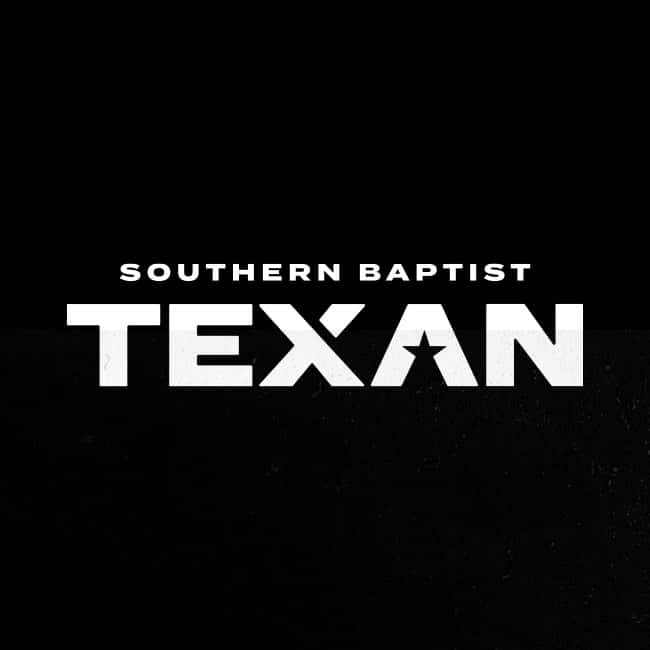FLINT—The COVID-19 pandemic affected churches in unprecedented ways – at least in modern memory. Shutdowns, declining attendance and, in some cases, reduced giving, combined with sheer exhaustion to challenge even the strongest spiritual community tested pastors and members in unexpected ways.
One of the presidential panels featured during Tuesday lunch at the 2021 SBTC Annual Meeting was “After COVID: Rebuilding the Pastor and the Church.” Moderated by Tony Wolfe, SBTC associate executive director, the panel included Danny Forshee, pastor of Austin’s Great Hills Baptist Church; Jacob Fitzgerald, pastor of Lufkin’s Denman Avenue Baptist Church; Ed Johnson III, pastor of DeSoto’s Harvest Fellowship Baptist Church; and Ramon Medina, Spanish pastor at Champion Forest Baptist Church of Houston.
What was surprising?
The pandemic brought the unexpected. Wolfe asked the pastors what they had found surprising about life and ministry during COVID. Forshee emphasized the weariness aspect of COVID. Fitzgerald said learning that “the church can thrive without passing the offering plate.” Johnson admitted he realized how impatient he was “in comparison to Christ.”
“Part of the congregation can disappear in a moment, but God takes care of his church,” Medina said.
Pandemic challenges and opportunities
Regarding the challenges of COVID, Fitzgerald admitted the difficulties of convincing the congregation to regather. “Habits have changed,” he said.
Forshee said about 60 percent of his congregation has returned to church. But other things have changed for the pastor and his work. “I can’t remember the last time I visited the hospital,” he added.
Medina agreed: “Pastoral care is a challenge for us.”
“Members have become more reclusive,” Johnson said. Especially for those who tend to be introverted, COVID has made it easy to isolate and harder to reconnect.
Opportunities arose despite the challenges. The pandemic precipitated an increase in the digital presence of many churches. Fitzgerald said his church’s online ministry “has exploded,” praising God for his goodness.
The pandemic also brought an increased awareness of mortality, a “good thing,” said Medina. “Many people understood that life on this planet is short,” he explained.
“What I see as an obstacle, God sees as an opportunity,” Fitzgerald said. To him, the pandemic “revealed the importance of connection with other pastors” and the importance of pastor health.
As for marriages, Fitzgerald said that his relationship with his wife was strengthened as they reconnected in family worship during COVID.
“It brought us closer together,” Forshee also said in agreement.
How are they reengaging church members?
Some church members remain hesitant to return to corporate worship. The pastors offered ideas about how their churches are reconnecting with their members. Medina stressed his church’s use of social media. “We use videos in social media to show people who have come back to the church having a good time,” he said.
“Relationships are vitally important,” Fitzgerald said, recommending prayer and the avoidance of judgment. “Pray that God will ordain Walmart and Lowe’s interactions,” he said, suggesting ways to encounter missing members outside church.
As for the ecclesiology of online worship, all panelists admitted wrestling with theological issues regarding digital church.
“Virtual church is a completely different thing than in person,” said Medina. “We don’t have church online; we have streaming. We cannot confuse the concepts.”
“Your website is the front door of your church,” Forshee said.
Streaming church has its limitations. “There are some things Jesus has given to a church to do; some of them can be done online and some of them cannot. The biblical command to gather has not been changed by the pandemic,” Johnson added.
Parting words
“It’s OK if you haven’t got it all figured out – nobody has,” Wolfe said, asking for parting advice from the pastors.
“Don’t quit. God is in control,” Forshee reminded the audience.
“Faithfulness to Jesus is its own fruit,” Johnson added.














